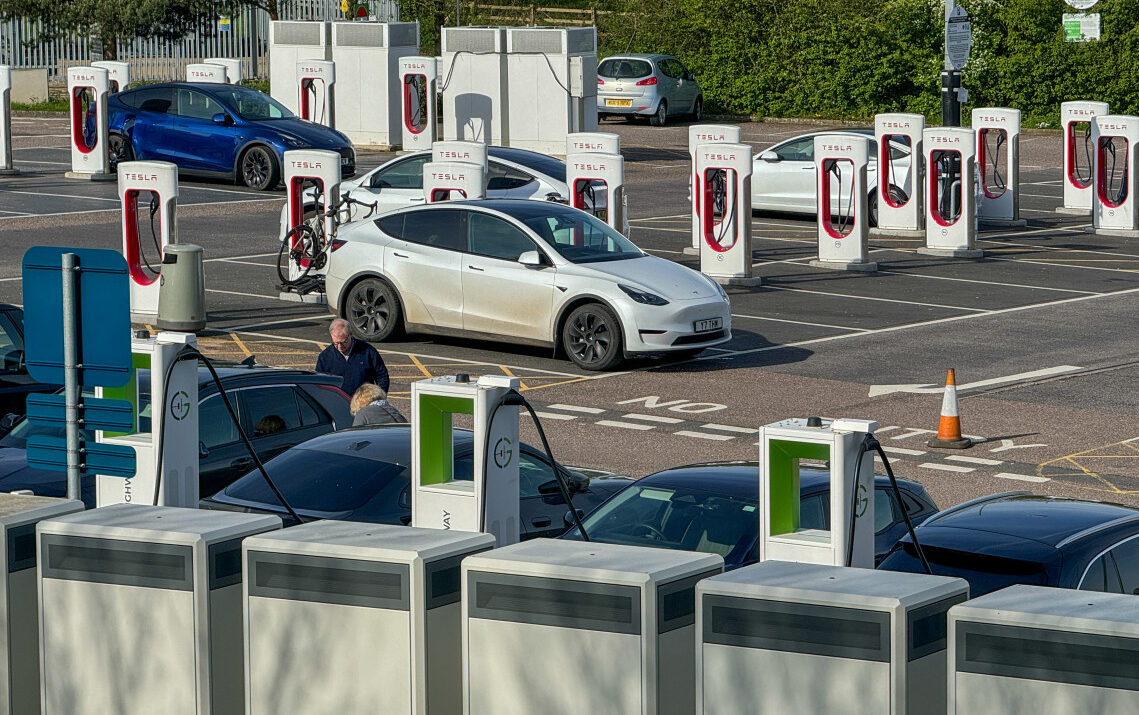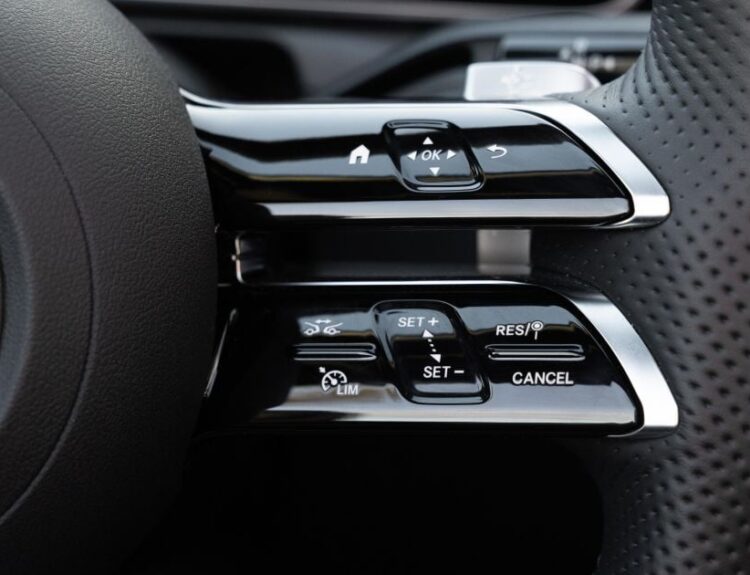The UK government’s ambitious plans to phase out petrol and diesel vehicles by 2030 are now facing significant scrutiny from automakers who have been struggling to meet the mandated sales quotas for electric vehicles (EVs). With just eight weeks granted for feedback, industry stakeholders are voicing their concerns about the feasibility of the zero-emission vehicle targets set forth by the government.
Under the current mandate, the sale of internal combustion engine (ICE) vehicles will be prohibited by 2030, accompanied by a series of incremental EV sales quotas designed to facilitate a smoother transition to electric mobility. This year, for instance, the government aims for 22% of new car sales and 10% of new van sales to be electric; however, many manufacturers are already failing to meet these benchmarks.
### Industry Concerns Over EV Sales Targets
Despite efforts to incentivize sales through substantial discounts, electric vehicles accounted for a mere 18.7% of car sales across the UK from January to November. Executives within the automotive sector have warned that maintaining the current mandates without adjustments could impede growth and result in workforce reductions. Although credits from hybrid vehicle sales have temporarily helped manufacturers comply with the quotas, there is consensus that consumer acceptance of fully electric vehicles is lagging.
Reflecting on the situation, Mike Hawes, CEO of the Society of Motor Manufacturers and Traders, asserted, “We are producing the vehicles, yet consumer demand is not matching up with our output.”
The pressures of these targets have led to significant operational changes within the industry. For instance, Stellantis, the parent company of Vauxhall, recently announced the closure of its van production facility in Luton, which will affect approximately 1,100 jobs. This decision was influenced by the stringent EV regulations, prompting a shift in production focus to its site in Ellesmere Port. Ford has also enacted workforce reductions in the UK, pointing to disappointing EV sales as a critical factor.
### Revising the 2030 Deadline
Though the UK government remains steadfast in its objective to halt the sale of new gasoline and diesel vehicles by 2030, it is contemplating adjustments to support measures for manufacturers. One possibility on the table includes extending the sales period for certain hybrid models until 2035.
Transport Secretary Heidi Alexander emphasized that the consultation aims to provide clarity and support to the automotive sector. “Over recent years, uncertainty has stifled our automotive industry. This government is committed to changing that dynamic,” she stated.
### Consumer Hesitance Towards EV Adoption
Despite billion-pound investments in customer incentives, consumer hesitancy towards electric vehicles persists. Analysts point out that concerns over charging infrastructure, vehicle range, and affordability continue to limit widespread adoption. The Energy and Climate Intelligence Unit has cautioned that achieving future targets will necessitate a dramatic rise in EV uptake.
Through November of this year, EV registrations in the UK have risen nearly 18%, outperforming the European average, as reported by the European Automobile Manufacturers’ Association. Yet, even this above-average growth underscores the challenges of meeting the government’s current sales goals.
### Conclusion
While no alterations to the sales quotas have been formally announced, the ongoing consultation process signals a recognition that the government’s objectives may need to be recalibrated in light of market dynamics. As the UK grapples with balancing its ambitious climate commitments and consumer inclinations, the outcomes of this consultation will be pivotal in determining the trajectory of EV adoption and the overall health of the automotive industry.
Automakers are urged to submit their comments before the consultation deadline on February 18, 2025, as they seek to carve out a more viable path forward in this evolving landscape.
Source:www.autoblog.com






